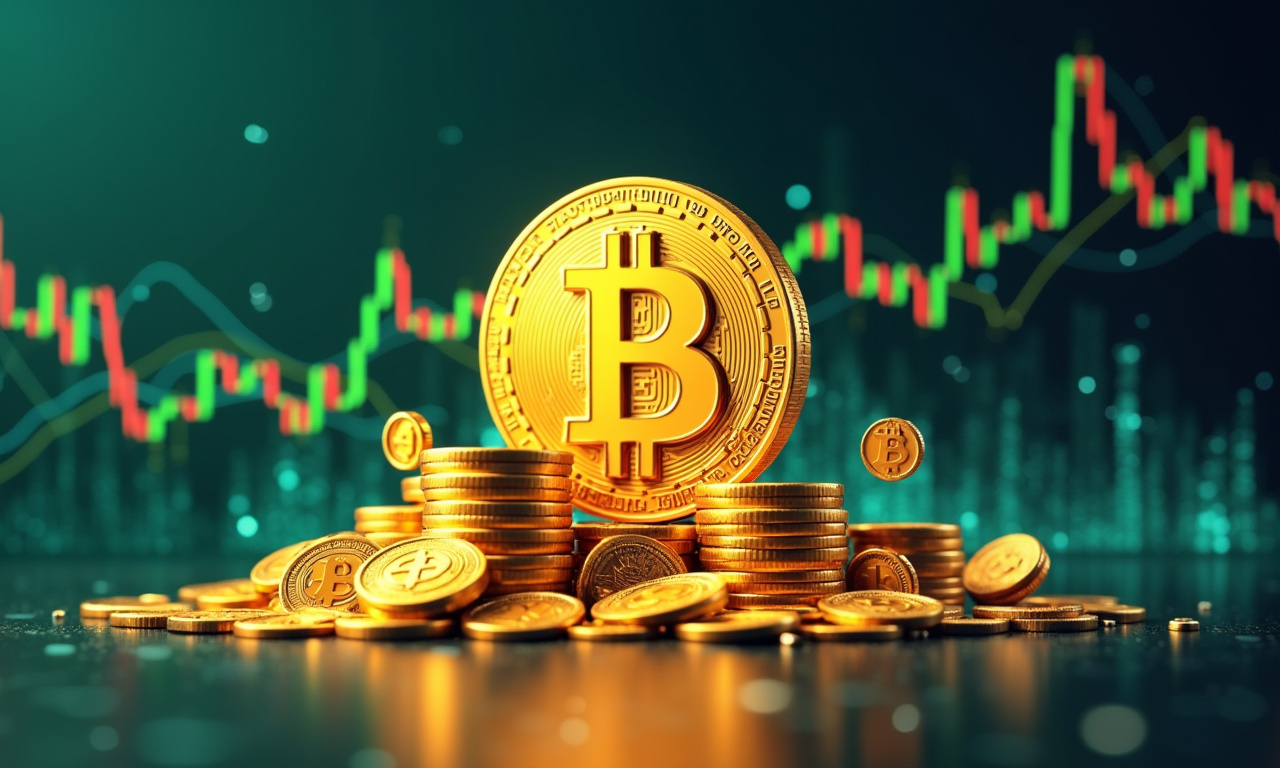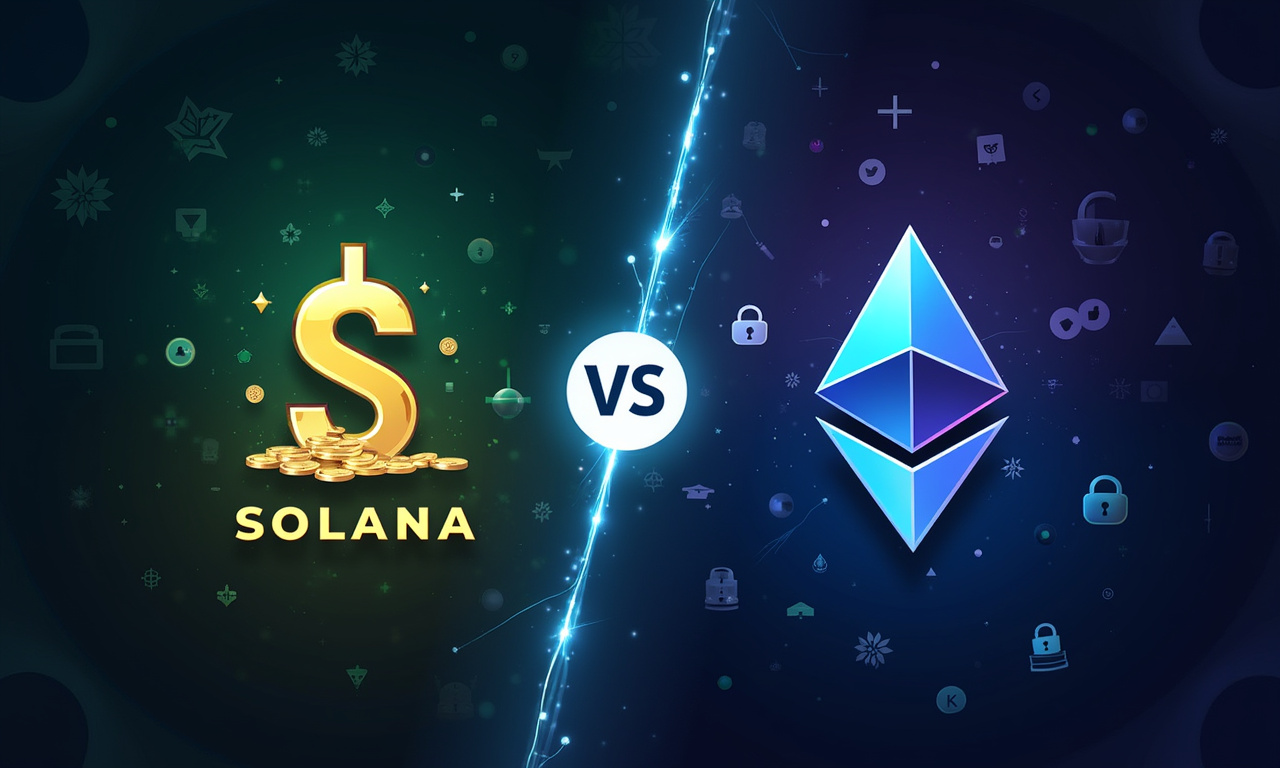
Southeast Asia in particular is a center of innovation and adoption when it comes to crypto. We see it everywhere. The region continues to struggle with some very unique challenges. It wrestles to combat unbanked populations, a patchwork regulatory landscape, and the ever-present Sword of Damocles represented by Western financial hegemony. MoneyGram's integration with CompoSecure's Arculus wallet, enabling cash-to-USDC conversion via the Stellar blockchain, has the potential to be a game-changer. Is it really that empowering, or merely the latest addition to an already highly complicated system?
Financial Inclusion or Further Dependence?
One of the largest touted benefits of crypto is financial inclusion. For the millions in Southeast Asia cut off from traditional banking, this has opened new doors to their financial futures. The MoneyGram/Arculus bridge can help connect those dots and offer a lifeline. It allows users to take their hard-earned dollars and liquidity alongside traditional finance through a programmable stablecoin backed by the value of 1 USD. This is HUGE. Imagine the farmers in rural Vietnam, the small business owners in the Philippines, the migrant workers in Thailand. Suddenly, they can pay their friend across a border or even access a global financial system without any specific need for a bank account.
The devil’s in the details. Is this the promise of true financial inclusion, or another iteration of dependence? Are we just trading one kind of dependence — on old school banks — for another — on a Western-controlled stablecoin and payment infrastructure? Will the cost of these transactions eat into the meager profit margins? This would disproportionately impact the very people who rely on this affordable public service the most.
I’d be even more excited if there were more local stablecoins to be onboarding.
This reminds me of the "digital divide" – the gap between those who have access to technology and those who don't. Let’s ensure that this crypto bridge doesn’t widen the chasm. Let’s make sure we don’t foster the generation of a new class of people who are left behind digitally. Education and accessibility are key.
Navigating the Regulatory Maze
Southeast Asia isn't a monolith. There is no one size fits all. Each country has its own unique regulatory approach to crypto. Some are welcoming it with open arms, and some are dipping a toe in the water. This fragmented web of state regulations is both a tough mountain to climb and a golden opportunity for MoneyGram’s crypto bridge.
As a further illustration, Singapore has been considered to have one of the more regulatory clear and progressive frameworks around digital assets. This would remove a significant barrier to entry and enable MoneyGram to conduct its business and provide its services more freely. Conversely, nations such as Indonesia and Vietnam impose more stringent measures, potentially posing barriers to adoption.
To succeed, MoneyGram will need to deftly thread the eye of the extremely challenging regulatory needle. Their success depends on how well they can work with local communities to get them into compliance. The key question is: will regulators see this as a threat to their financial sovereignty, or as an opportunity to promote financial innovation and inclusion?
From what I see, regulators might be wary. The concern, of course, is that this could make it easier for capital flight to occur, or for capital to be engaged in illicit activities. In order to earn their trust, MoneyGram must focus on transparency, security, and compliance with local laws.
Second, governments still have an incentive to overbuild infrastructure themselves. We should encourage that!
Autonomy or Just an Illusion?
According to Adam Lowe of CompoSecure, which powers Visa’s crypto-linked cards, this all-in-one integration provides users with “full autonomy and control” over their assets. On the surface, this sounds great. Self-custody is a fundamental principle of the crypto ethos. With the Arculus wallet, nestled securely in their pocket, the power is back in the hands of the individual.
Let's be realistic. How many people in Southeast Asia would need to become experts on private keys, seed phrases, and blockchain security? Are there really that many people who are willing to take the risk of having no access to their money? This would be the case if they lose their wallet or forget their password. But are we providing people with a false sense of security?
The truth is, the vast majority of users will need to and want to use third-party services and custodians, defeating the purpose of self-custody altogether. What occurs when these services are hacked or declare chapter? All at once, that autonomy and control disappears.
Anxiety Triggered: What if a farmer in rural Cambodia converts his life savings into USDC, stores it in his Arculus wallet, and then loses his phone? Will he ever see his money again. But more importantly, will he even know where to turn for help?
This situation reminds me of the early days of the internet. People were promised a decentralized, democratized world. In practice, a handful of large, well-connected corporations quickly monopolized the field. We won big with the internet in defeat, we should be on guard to make sure the same doesn’t happen with crypto.
MoneyGram's crypto bridge has the potential to reshape finance in Southeast Asia, but it's not a silver bullet. It should be welcomed but done very carefully, with a strong emphasis on education, accessibility and smart regulation. We need to make sure it doesn’t program new dependencies and inequities into our society, but rather directly empower people to be self-empowered. It is only then that we can really catalyze the transformative potential of crypto to benefit the whole region.

Lee Chia Jian
Blockchain Analyst
Lim Wei Jian blends collectivist-progressive values and interventionist economics with a Malaysian Chinese perspective, delivering meticulous, balanced blockchain analysis rooted in both careful planning and adaptive thinking. Passionate about crypto education and regional inclusion, he presents investigative, data-driven insights in a diplomatic tone, always seeking collaborative solutions. He’s an avid chess player and enjoys solving mechanical puzzles.








